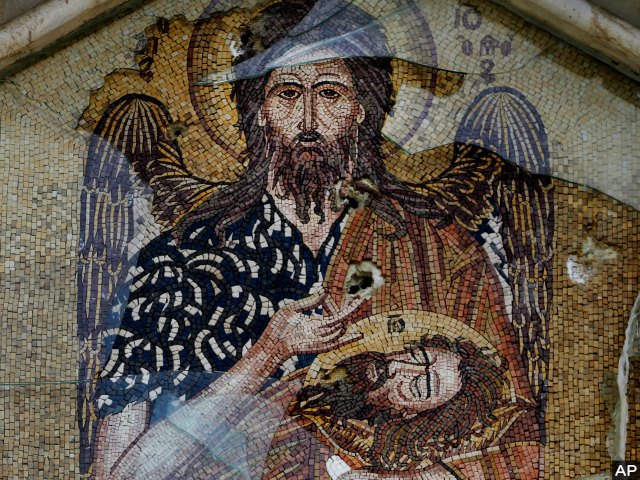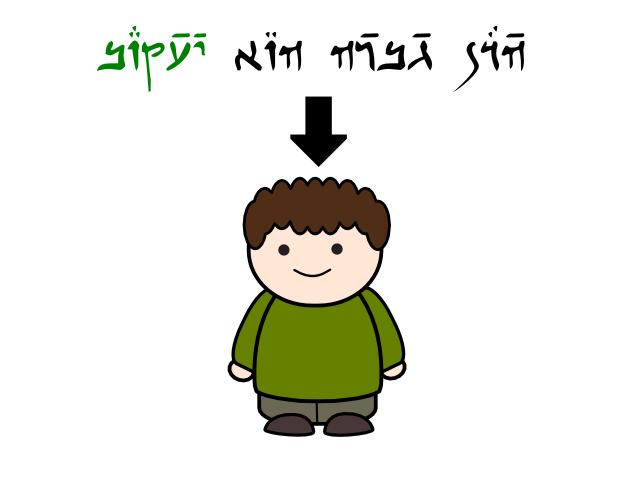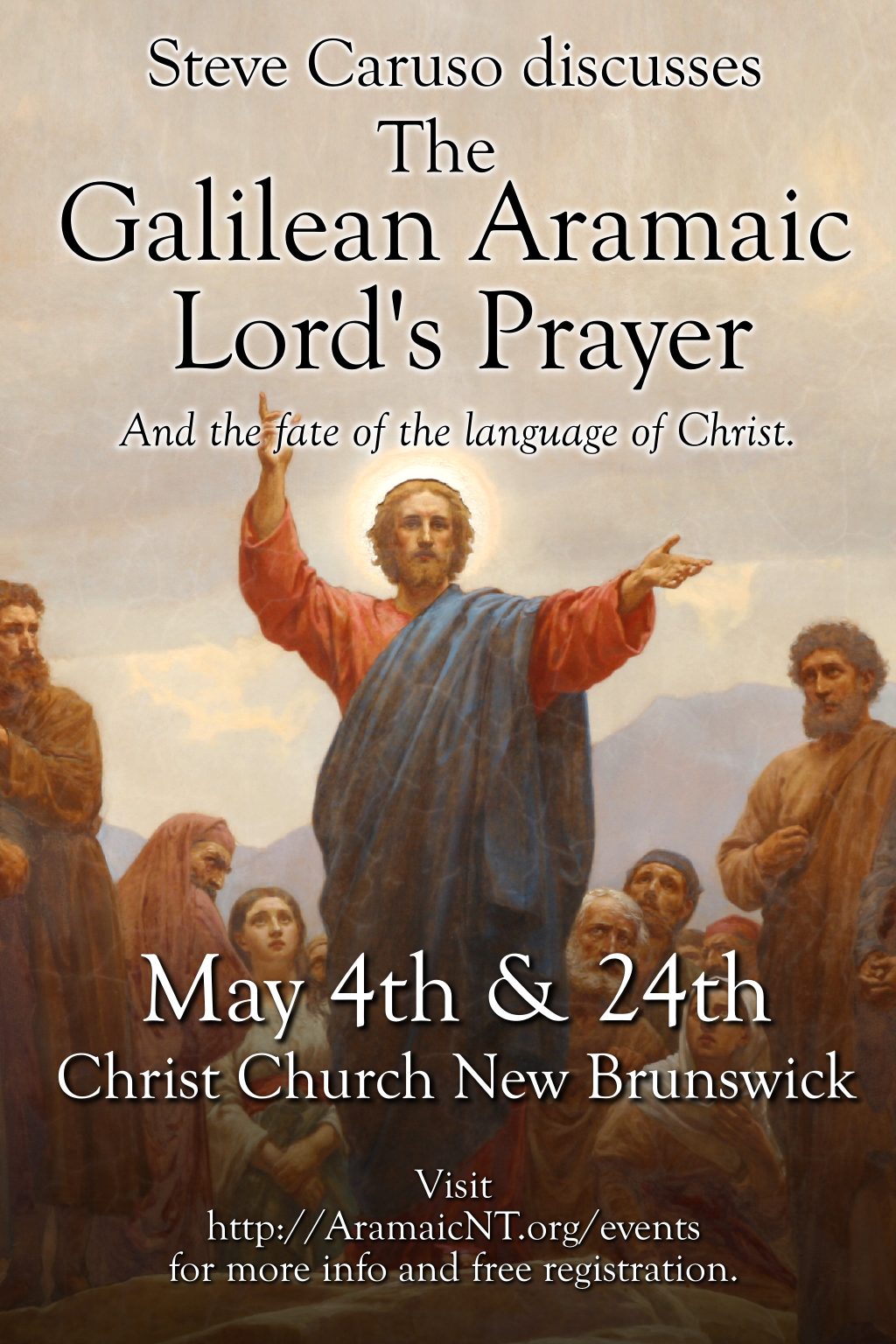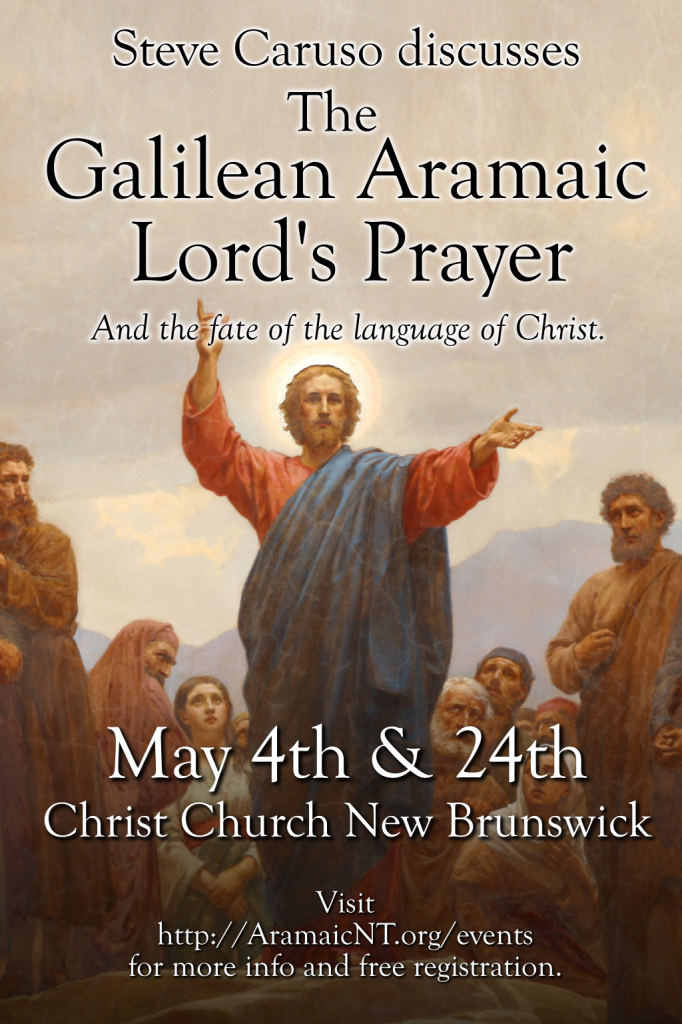
In a word: No.
In a few more words…
This claim has been circulating the Internet lately. It’s been on Brietbart, it’s been on Before It’s News, it’s spreading through Twitter and the rest of the Internet.
ISIS cannot, no matter how hard it tries, eliminate Aramaic. Aramaic is not a single language, but an entire family of languages. Sadly, the dialect spoken by Jesus is already dead. (Well, outside what I speak with my kids in reconstruction, but that doesn’t make it “living” by any means.) It died as a living language in the 6th and 7th centuries with Arab Conquest.
However, ISIS can certainly extinguish a few of the smaller Neo-Aramaic dialects if they strive to, which in some cases consist of a single surviving village — and let me not be equivocal about this: That is a serious problem.
Most Neo-Aramaic languages are severely endangered as it is and in the past 100 years we’ve seen dozens die due to violence (like this) or simply migration and adoption of another language (most Jewish Neo-Aramaic dialects have been lost due to immigration to Israel and the adoption of Modern Hebrew). These language are certainly related (the dialect in Ma’loula the closest by lineage) but none of these are the language Jesus actually spoke.
Syriac Aramaic is the language of the liturgy of the Syriac Church (Syriac Orthodox, Chaldean Catholic, Assyrian, etc.) and recited every Sunday. That’s not going anywhere. Jewish Literary Aramaic is used in the Jewish liturgy nearly every Sabbath, and that’s not going anywhere either. There are Aramaic-speaking diasporas all over the place. Aramaic is global, and ISIS is not.
Peace,
-Steve




